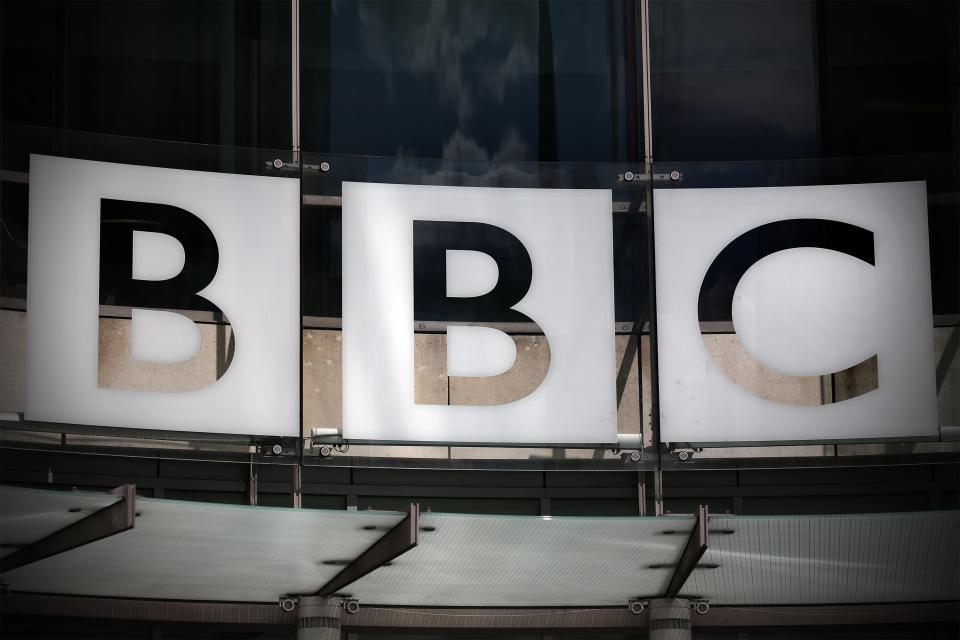Younger audiences drifting from BBC to YouTube, Ofcom says

Younger audiences are drifting away from traditional broadcast services such as the BBC’s iPlayer and gravitating towards newer platforms like YouTube and Netflix, research from media regulator Ofcom suggests.
In its annual report on the broadcaster’s performance, Ofcom revealed that people aged 16 to 34 were spending less than an hour a day engaging with BBC content.
Overall, the age group has reduced its use of BBC services by 22 per cent in three years, the Ofcom report said.
The media regulator found that younger people were less likely to turn to platforms like iPlayer to browse for new content.
Instead, when they visit iPlayer, it is more likely to be to access specific content “when they know what they want to watch”.
Read more: Full list of shows on BBC this Christmas
The report did find, however, that while younger audiences were consuming less BBC content, they appeared to have a more positive attitude towards the broadcaster than their parents and grandparents’ generations.
One reason for this, Ofcom said, could be because they are more selective in what they choose to watch and therefore less likely to be disappointed in the content presented to them.
“In this context, they are more likely to feel they are well-represented across the programmes and content they consume, and to be happy with how they are portrayed,” the report said.

In addition to reaching younger generations, the Ofcom report said the BBC was also struggling to reach people outside of Britain’s capital and people from working-class backgrounds generally.
The report did find that the BBC “responded effectively and rapidly” to the Covid-19 pandemic.
“During the first lockdown, it offered significant amounts of educational content to fill the gap when schools were closed and increased its news provision,” the report said.
“BBC services were the most-used sources of news and information about Covid-19, well ahead of others, and were consistently considered the most important,” it said.
The report comes as the BBC faces a national debate on its future funding when the license fee model comes up for review in 2027.


